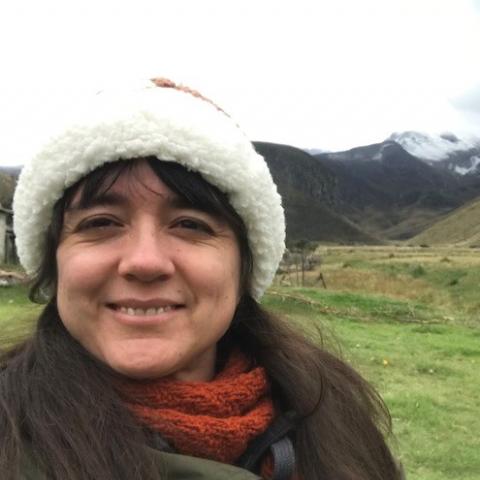Deforestation is one of the most pressing socio-ecological challenges: between 1990 and 2020, 420 million hectares of forests and other ecosystems were lost. To confront this situation, in December 2022 the international community committed to conserve 30% of the planet’s surface and to restore 30% of degraded territories until 2030. At the same time, the world has committed to maintaining the increase in global temperature below 1.5ºC. Although they may seem separate objectives, dominant environmental management and technocratic environmentalism have made them converge under the realization that greenhouse gas (GHG) emissions from deforestation contribute significantly to climate change, and have developed complex financing schemes that aim to reduce these emissions by directing significant climate funding to our countries, whose prioritized recipients are the Amazonian indigenous peoples. These schemes have been widely questioned for their suitability in curbing climate change, or even reducing deforestation and the loss of ecosystems.
From this critical perspective with the dominant modes of ecosystem conservation management, my research organizes an analysis around three elements. Firstly, about the connection between the conservation of ecosystems through forest carbon offset schemes and the ownership of the land where the projects are located, through the investigation of the production of value in capitalist terms. Second, analyse how value is distributed, that is, who appropriates the value produced in forest carbon offset projects and, in that sense, in what ways these projects contribute (or not) to the continuation of the (re) production of wealth and its accumulation by a few. And, third, how capital investments could alter control and access over land, increasing pressure and threats on collectively owned lands and decreasing effective ecosystem conservation processes.


